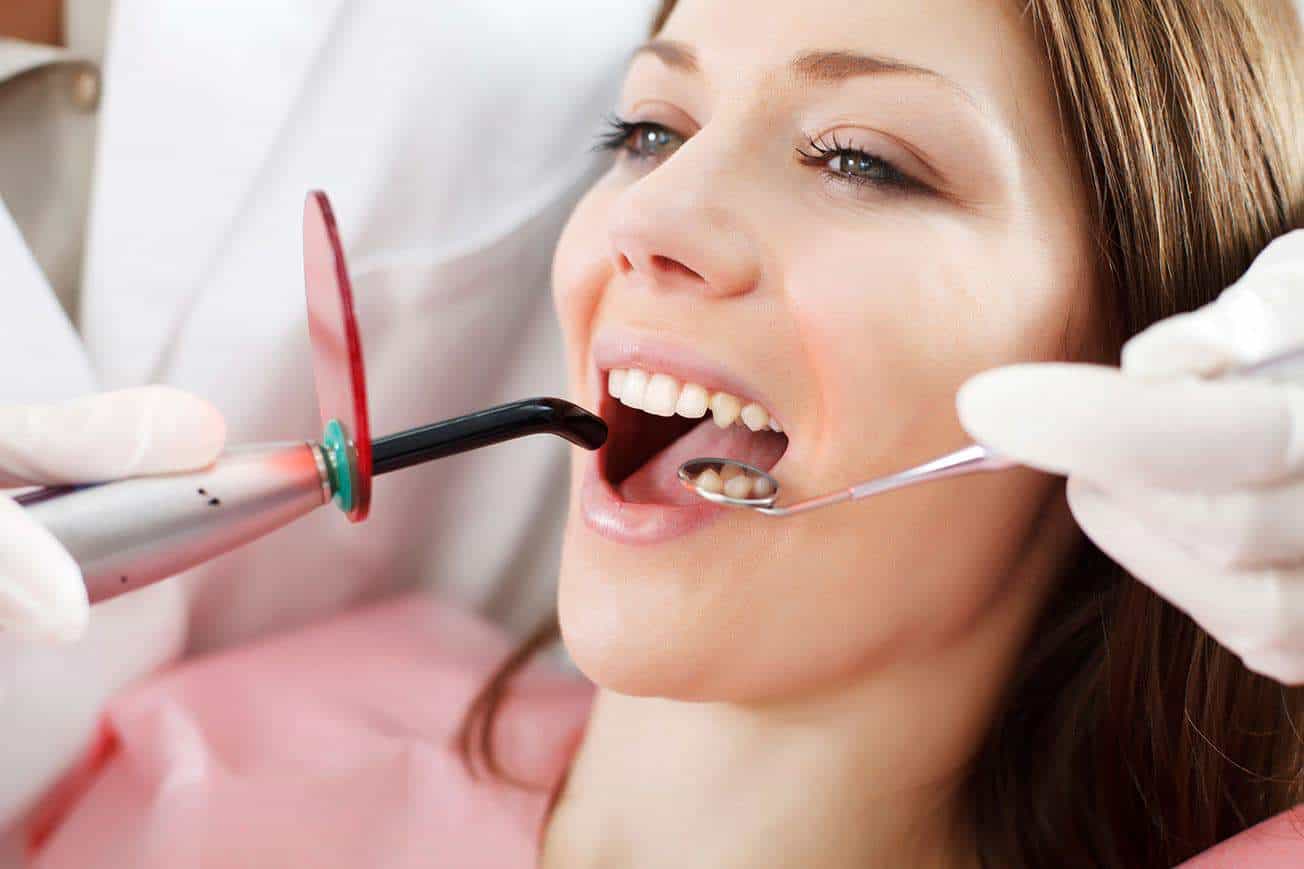
How Gum Health Affects Pregnancy
October 30, 2023
Gift Ideas For Better Oral Health
December 29, 2023Montgomery County’s Top Periodontist
At the Center For Periodontics & Implant Dentistry, we often encounter patients concerned about their gum health, especially those who experience bruxism, commonly known as teeth grinding. Understanding the connection between bruxism and gum health is crucial in adopting effective preventive and treatment strategies. This article delves into how bruxism impacts gum health and what steps can be taken to mitigate these effects.
Understanding Bruxism
Bruxism is the involuntary or habitual grinding of teeth, typically occurring during sleep. This condition can go unnoticed for long periods, but its effects on oral health can be significant. While bruxism is often associated with tooth wear and jaw disorders, its impact on gum health is also a major concern.
How Bruxism Affects Gum Health
Receding Gums: One of the most noticeable effects of bruxism on gum health is the potential for gum recession. The excessive force exerted during teeth grinding can cause the gums to recede, exposing more of the tooth and its root. This exposure can lead to increased sensitivity and higher risk of tooth decay.
Increased Risk of Periodontal Disease: Bruxism can exacerbate the symptoms of existing periodontal disease. The added stress on teeth and gums can accelerate the progression of gum disease, leading to more severe conditions like periodontitis.
Gum Inflammation and Sensitivity: Regular teeth grinding can lead to inflammation of the gum tissue. This inflammation can make gums more sensitive and more susceptible to bleeding during brushing and flossing.
Signs of Bruxism to Watch For
Recognizing the signs of bruxism can help in early intervention. These signs include:
- Teeth grinding or clenching, which may be loud enough to wake your sleep partner.
- Flattened, fractured, chipped, or loose teeth.
- Worn tooth enamel, exposing deeper layers of the tooth.
- Increased tooth sensitivity.
- Tight or tired jaw muscles, or a locked jaw that won’t open or close completely.
Management and Treatment of Bruxism
Addressing bruxism is a key step in maintaining healthy gums. Treatment options include:
Mouthguards: Custom-fitted mouthguards can be worn at night to protect your teeth and gums from the effects of grinding.
Stress Reduction: As stress is a common cause of bruxism, stress-reduction techniques such as meditation, counseling, and exercise can be beneficial.
Correcting Misaligned Teeth: Misaligned teeth can contribute to bruxism, and correcting them through orthodontic treatment can reduce grinding.
Regular Dental Check-ups: Frequent visits to a periodontist can help in the early detection and management of any gum issues related to bruxism.
Contact Our Montgomery County Periodontist Today
The link between bruxism and gum health is undeniable. If you are experiencing any symptoms of bruxism, it is crucial to seek professional help. At the Center For Periodontics & Implant Dentistry, we are committed to providing comprehensive care for all aspects of your periodontal health. By addressing bruxism, you can take a significant step towards maintaining healthy gums and a healthy smile. Contact us today to schedule your appointment!


